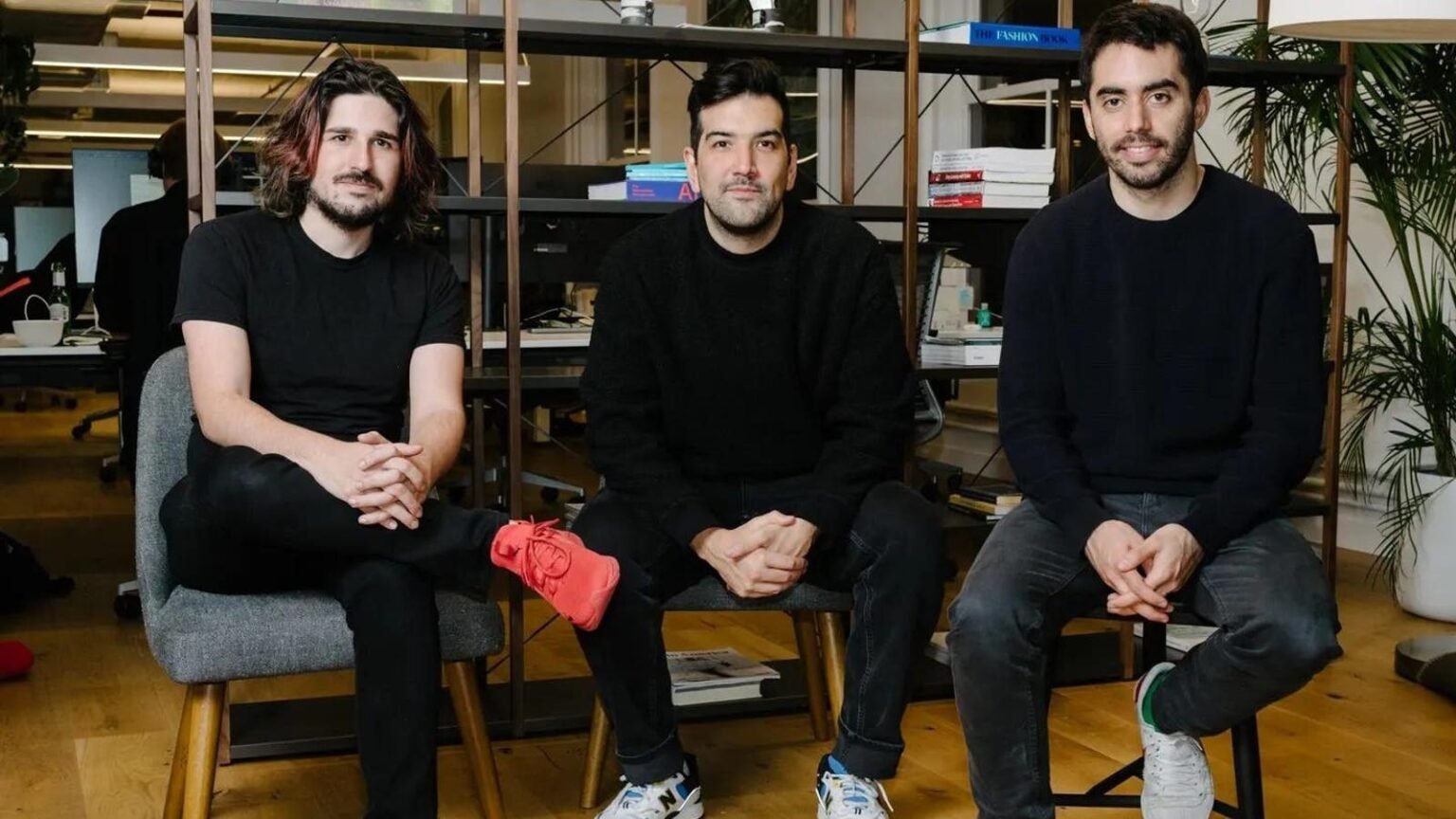RunwayML, a New York-based company, is set to receive a $450 million investment led by General Atlantic, which would value the company at $4 billion. The company has raised $237 million to date, with investors including Google, Nvidia, Salesforce Ventures, and others. Their Gen-3 Alpha technology can create high-quality videos up to ten seconds in length, but the cost of generating AI images can add up quickly. Director Paul Trillo shared that it took over 700 generations to create the Sora music video, amounting to $4,200 in costs. Despite the potential cost savings compared to traditional methods, some users find the pricing of RunwayML’s services to be too steep.
Curious Refuge CEO Caleb Ward praised Gen-3 for its ability to excel at real-life simulations and establishing shots, but highlighted the challenges of achieving desired results without the ability to upload reference images, leading to higher costs. The introduction of Gen-3 Alpha and other AI video technologies has made the text-to-video category competitive with companies such as Dream Machine from Luma AI, Vudu from Google, and others entering the market. The accessibility of AI technology like Gen-3 is seen as a step towards professionalizing AI products, as more users experiment with the capabilities of these tools.
OpenAI’s recent licensing deal with Time marks an effort to legitimize its operations amid lawsuits claiming fair use over scraped website content. The deal adds to their existing licensing agreements with major media companies such as News Corp and the Associated Press. On the audio front, Eleven Labs has secured licensing rights to voices of deceased celebrities like Judy Garland and James Dean, enabling them to offer audio readings of text material through their Reader App. Meanwhile, Meta’s new AI system, 3D Gen, combines AssetGen and TextureGen to create high-quality 3D assets with realistic textures from text descriptions, expanding possibilities in the Metaverse.
NASCAR recently launched a new Chicago Street Course map in Fortnite, offering players the chance to navigate routes, master speed and drift, and compete in multiplayer races or solo time trials. The virtual event replicates the real NASCAR Chicago Street Race, adding an immersive experience for fans in the digital space. The upcoming 9th Annual VRTO Spatial Media World Conference & Expo, set to open on July 10th at OCAD University in Toronto, will feature speakers from companies like Adobe, The VOID, and Secret Location, attracting a diverse crowd of industry professionals, investors, developers, and enthusiasts.
The column, previously known as “This Week in XR,” is also available as a podcast hosted by notable figures in the industry, discussing the latest updates and trends in the XR space. With a lineup of upcoming guests, including Chandra Devam of Aris MD, the podcast offers insights into the evolving landscape of extended reality and immersive technologies. Articles on AWE announcements, Fortnite’s recent Metallica concert, and Tim Sweeney’s comments on VR support for Fortnite provide additional perspectives on the growing influence of virtual experiences and entertainment in the digital realm.












